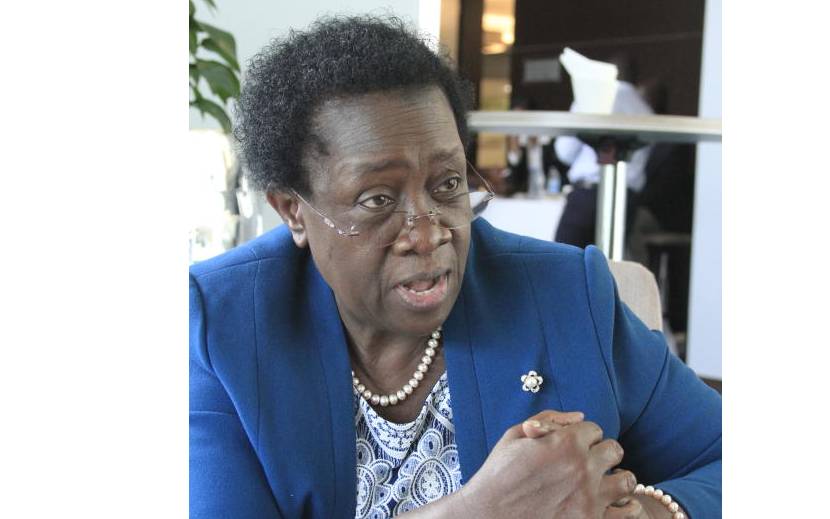×
The Standard e-Paper
Home To Bold Columnists

The decision to purchase a building in Nairobi’s city centre without paying Value Added Tax (VAT) is haunting Jomo Kenyatta University of Agriculture and Technology (JKUAT).